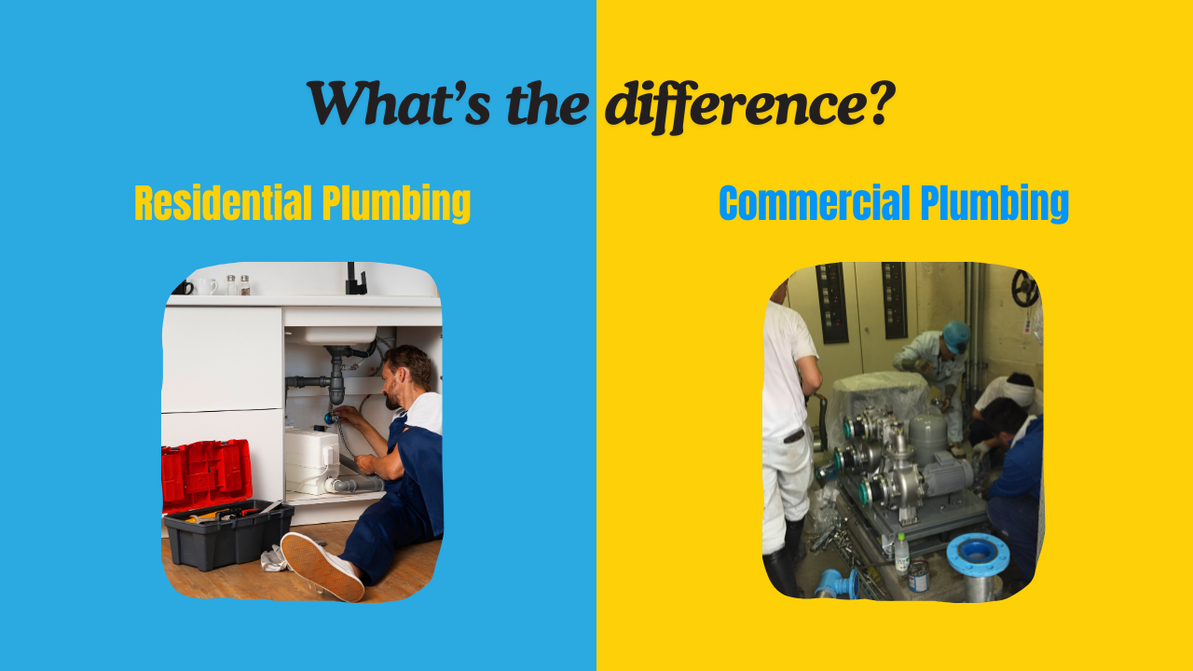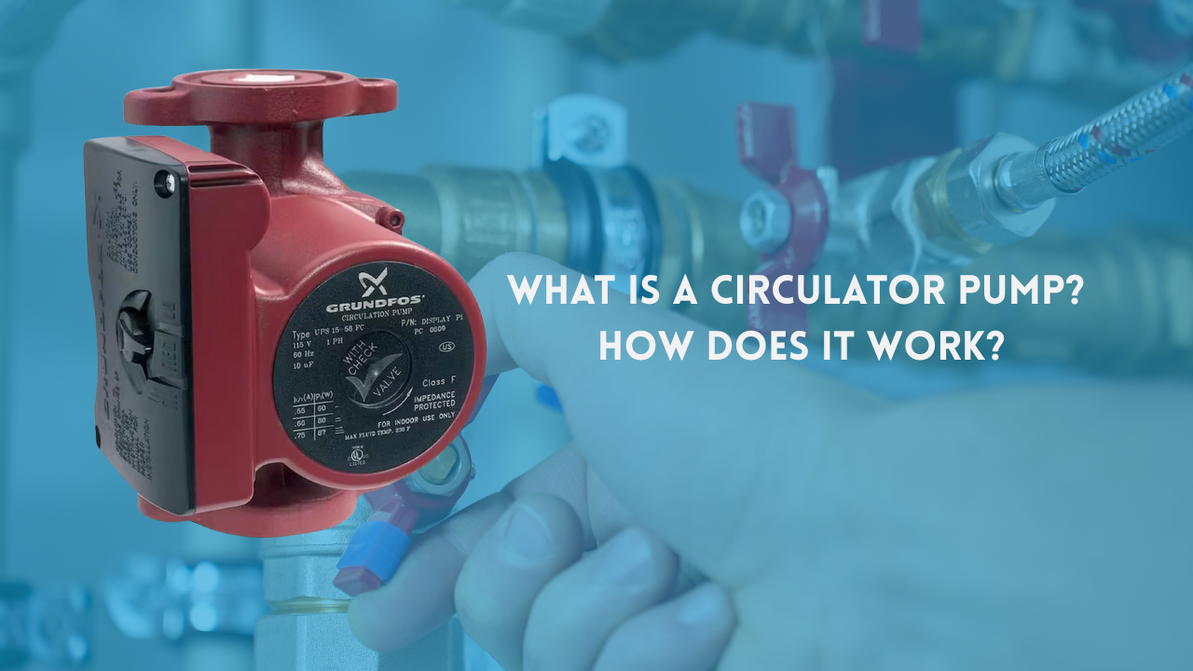Tank vs. Tankless Water Heater: Which Is Right for You?
Are you looking to upgrade your home or office’s heating system? With various options available, it can be difficult to know whether a tank or tankless water heater is right for you.
Each system offers distinct advantages, so it’s important to understand their differences before making an investment. A well-informed choice ensures not just a steady supply of hot water but also potential savings and efficiency improvements for your property.
Understanding Tank Water Heaters
Tank water heaters have long been the standard in many spaces. These systems store a significant volume of hot water in a tank, so it’s ready whenever needed.
Pros
One primary advantage of tank water heaters is their cost-effectiveness regarding initial purchase and installation. They’re typically more affordable upfront in comparison to tankless models.
Additionally, tank water heaters offer the convenience of immediate hot water availability. Since the water remains stored and heated within the tank, there’s no waiting period for it to reach the desired temperature.
Cons
Maintaining a constant hot water supply means tank water heaters consume energy continuously, leading to potentially higher utility bills. These units also require a substantial footprint, which might not be ideal for smaller spaces.
Another drawback is the limited hot water supply; once the stored hot water depletes, users must wait for the tank to refill and reheat.
Exploring Tankless Water Heaters
Tankless water heaters, often referred to as on-demand water heaters, provide a more modern approach. These units heat water directly as it flows through the system, eliminating the need for a storage tank.
Pros
The most notable advantage of tankless water heaters is their superior energy efficiency. By heating water only when required, they significantly reduce energy consumption.
Moreover, tankless water heaters offer an endless supply of hot water. Since they heat water on demand, there’s no waiting for a tank to refill, which is particularly beneficial for homes or businesses with high hot water usage. As you browse tankless water heaters for sale, you’ll also note their space efficiency compared to tank models.
Cons
Despite these benefits, tankless water heaters come with higher initial costs, both for the unit itself and for professional installation, which is often necessary due to their complexity. They also require regular maintenance by qualified technicians.
In situations of simultaneous high demand, some tankless units may have difficulty delivering consistent hot water temperatures, which can be a drawback for busy households.
Factors To Consider
First, consider the size of your household or business. High hot water demands might benefit more from a tank water heater or multiple tankless units to ensure a steady supply. Budget constraints also play a critical role; while tankless models save money in the long run due to energy efficiency, their higher up-front cost can be a significant consideration.
Tankless water heaters’ compact design suits smaller living spaces better, whereas traditional tank units require more room. And if energy efficiency aligns with your environmental goals, tankless water heaters present a compelling case with their reduced energy consumption.
Deciding between tank and tankless water heaters hinges on understanding your household or business’s specific needs, budget, and space constraints. Both options provide unique benefits and challenges, but by carefully weighing these factors, you can select a heater that suits your requirements best. Make an informed choice and enjoy reliable, efficient hot water for years to come.
Recent Posts
-
What Causes Pipe Corrosion?
Pipe corrosion occurs when metal reacts with water, oxygen, and minerals over time. Factors that spe …Feb 2nd 2026 -
Commercial vs. Residential Plumbing: 15 Key Differences You Need to Know
Plumbing might seem straightforward at first glance, but residential and commercial systems are fund …Feb 2nd 2026 -
What Is a Circulator Pump and How Does It Work?
Water needs to keep moving efficiently in plumbing and HVAC systems, and that’s where a circulator p …Feb 2nd 2026





